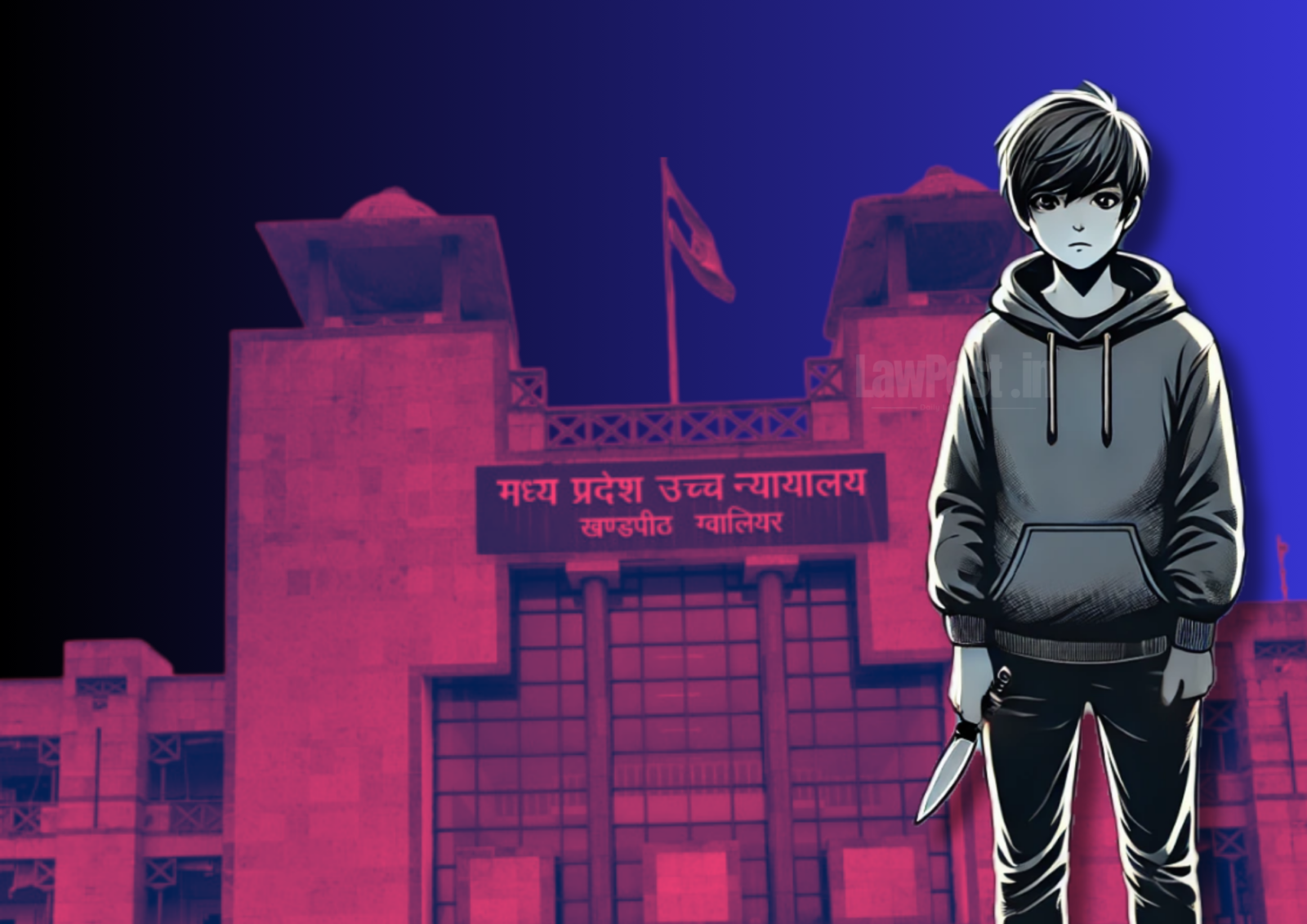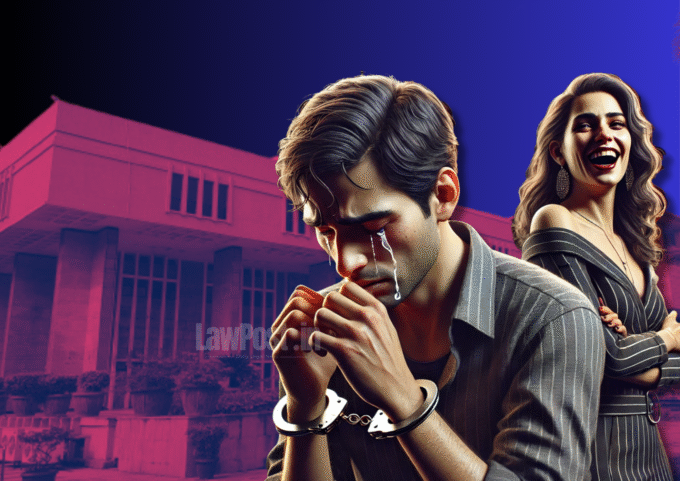In a landmark ruling, the Madhya Pradesh High Court clarified the jurisdiction of the Children’s Court, emphasizing that it is not limited to cases of child rights violations but also encompasses trials of juveniles aged 16-18 charged with heinous offences. The judgment was delivered by a single-judge bench of Justice Vishal Dhagat in response to a criminal revision petition challenging the trial process.
The applicant had contested an order by the trial court, arguing that he was a minor at the time of the alleged offence and should have been tried by the Juvenile Justice Board, not the Children’s Court. The court dismissed the argument, reinforcing the combined interpretation of the Commission for Protection of Child Rights Act, 2005 and the Juvenile Justice (Care and Protection of Children) Act, 2015.
Justice Dhagat observed, “At first glance, Children’s Court appears to be Court which are trying the cases where child rights have been violated and victims are children. But, Section 25 of Commission for Protection of Child Rights Act, 2005 is to be read along with Juvenile Justice (Care and Protection of Children) Act, 2015.”
He further highlighted that under Sections 15 and 18 of the Juvenile Justice Act, the Juvenile Justice Board is empowered to conduct inquiries and determine whether a juvenile aged 16-18, accused of committing a heinous offence, should be tried as an adult. If deemed necessary, the case is transferred to the Children’s Court for trial.
The court rejected the applicant’s reliance on Section 25 of the Commission for Protection of Child Rights Act, which emphasizes the Children’s Court’s role in speedy trials for offences against children. It clarified that this provision does not exclude its jurisdiction over juveniles tried as adults for heinous crimes.
In its decision, the court stated, “If Juvenile Justice Board comes to a conclusion that a juvenile is between 16-18 years and he has committed a heinous offence, then his case is to be transferred to Children’s Court for trial.”
The High Court upheld the trial court’s decision and dismissed the criminal revision petition, affirming the proper application of legal principles in transferring the case to the Children’s Court.








